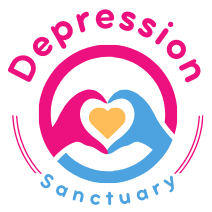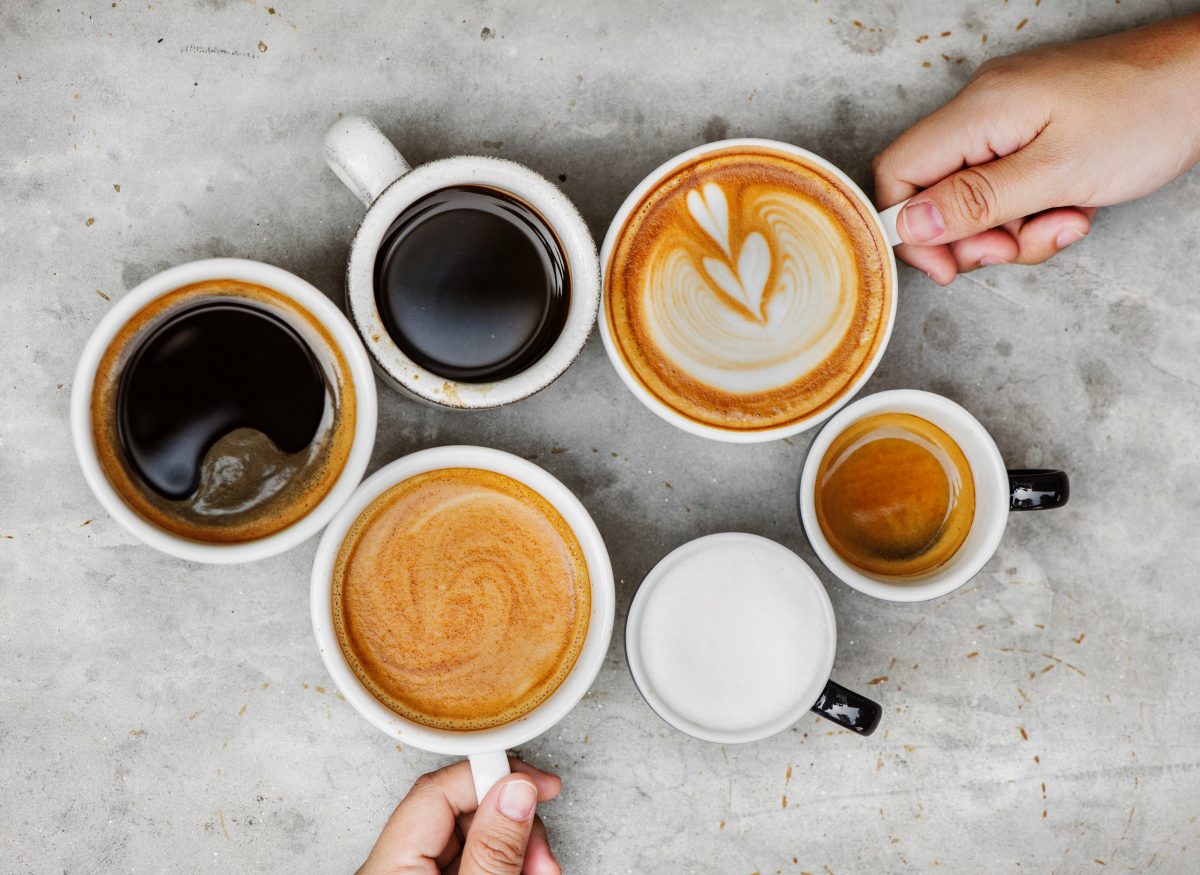Anxiety is a serious condition that can worsen over time. When it flares up, your entire day can feel ruined, and panic can ensue. Yet, your anxiety might not come from a source that you anticipate. Here are a few triggers that may surprise you:
Unhealthy Diet
When our bodies are run down, our mental health can deteriorate. If you haven’t been eating a well-balanced diet, you may experience an increase in anxiety. In fact, certain foods cause inflammation, which can damage your gut and impact your mood. With that in mind, it’s best to supplement your meals with a solid multivitamin to uplift your mood. Additionally, a good multivitamin aids your gut (if probiotics are included in the multivitamin) and contains key nutrients to support your whole body.
Caffeine
A major trigger of anxiety is caffeine consumption, but you might be unaware of the many foods and beverages that contain it. Of course, coffee and tea can both be causes for anxiety, but even decaf has some caffeine that could affect you over time. Moreover, medication we may take for issues like headaches come with a dose of caffeine large enough to bring on panic attacks. Snacks that might otherwise be seen as harmless, like chocolate and energy bars, can have high amounts of caffeine. So, to lower your chance of an attack, make sure you know exactly what amount of caffeine is in your diet.
Low Blood Sugar
Just as being over-caffeinated can trigger anxiety, so can a drop in your blood sugar. When we respond to high amounts of stress, our blood sugar levels can decrease, and panicky feelings can occur. If you notice that you have anxiety spikes when you’ve skipped a meal, or gone a while without eating, then your body may be experiencing a dip in blood sugar levels. It’s a good idea to have healthy snacks on hand to eat in an emergency when you feel your adrenaline start to kick up. By eating the right foods consistently, you could squash the cause early enough and potentially avoid having an anxiety attack altogether.
IBS
One little-known side effect of IBS is actually an increase in anxiety. As with other contributing factors, IBS and anxiety share many symptoms. In particular, these could include cramping and chest pain, as well as a surge in avoidance behavior or anticipatory anxiety. Basically, when you expect a flare up, your anxiety spikes at the very thought, which can make both conditions worse. If you’ve been diagnosed with IBS, it may be time to talk to your doctor about an SSRI to relieve both conditions together. Otherwise, consider psychotherapy and cognitive behavioral therapy to lower your stress levels, which in turn, will aid in decreasing IBS and anxiety.
Anxiety may never simply disappear. However, that doesn’t mean we can’t improve our conditions and limit our triggers. By knowing what may be causing your panic, you can take steps to avoid any stressors.
Photo credit: Pexels.
Jennifer Scott has experienced anxiety and depression since she was a teenager. She offers a forum where those living with anxiety and depression can discuss their experiences.

